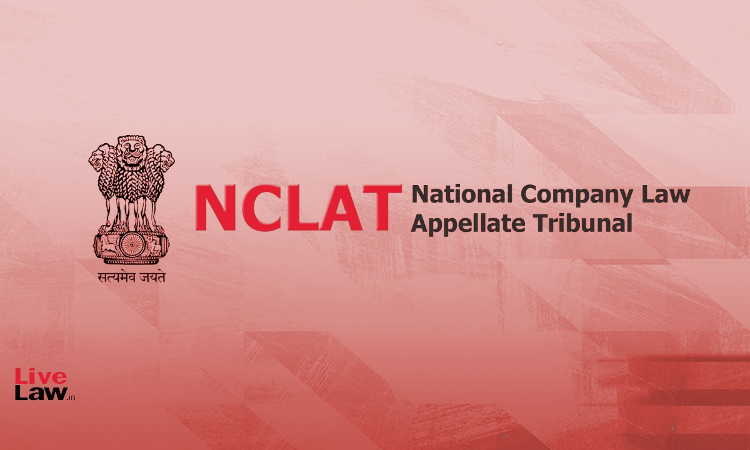BIFR Scheme Under SICA Stands Superceded After Enforcement Of IBC, Benefits Can't Be Claimed After Approval Of Resolution Plan: NCLAT
Mohd Malik Chauhan
19 Sept 2025 5:45 PM IST
The National Company Law Appellate Tribunal (NCLAT) New Delhi bench of Justice Mohammad Faiz Alam Khan and Mr. Naresh Salecha (Technical Member) has held that an unresolved claim under the Board for Industrial & Financial Reconstruction (BIFR) scheme constitutes a claim under Section 3(6) of the IBC and should be dealt with within the Code. The failure of the BIFR scheme does not...
The National Company Law Appellate Tribunal (NCLAT) New Delhi bench of Justice Mohammad Faiz Alam Khan and Mr. Naresh Salecha (Technical Member) has held that an unresolved claim under the Board for Industrial & Financial Reconstruction (BIFR) scheme constitutes a claim under Section 3(6) of the IBC and should be dealt with within the Code. The failure of the BIFR scheme does not create an independent cause of action; therefore, benefits under the BIFR scheme cannot be claimed after approval of the resolution plan.
The present appeal has been filed under section 60(5) of the Insolvency and Bankruptcy Code, 2016 (IBC) against an order passed by National Company Law Tribunal (NCLT) by which it partly allowed an Interlocutory Application filed by the Appellant.
The Appellant submitted that though the Sick Industrial Companies (Special Provisions) Act, 1985 (SICA) was repealed w.e.f. 01.12.2016, the sanctioned schemes under the said Act was saved by Section 5(1)(d) of SICA Repeal Act, 2003 and thus the scheme sanctioned by the BIFR continued to remain binding on all concerned.
Per contra, the Respondents submitted that after passing of the BIFR scheme no attempt has been made by the appellant to implement provisions of the BIFR scheme dated 07.11.2014 and when the scheme could not be implemented due to the fault of the appellant and has been eclipsed by approval of the Resolution Plan, the appellant could not claim any benefit provided therein.
The Tribunal observed that the demand in the present case arises from differential interest rate under the BIFR scheme which qualifies as a financial debt under section 5(8) of the IBC. The Respondent had ample opportunity having 96% voting rights in the CoC to include its claim under Regulation 12 of the Corporate Insolvency Resolution Process (CIRP) Regulations, 2016 and in the approved resolution plan. Having approved the resolution plan without any reference to this amount, the bank cannot now revive the claim as it would defeat the objectives of the IBC and the principle of clean slate.
It held that “therefore, in our considered view any unresolved claim from a BIFR scheme, which according to the parties has failed, must be treated as a claim of that party under Section 3 (6) of the IBC and must be adjudicated within the framework of the Code. The failure of the BIFR scheme to us, does not create an independent cause of action that too after the approval of the resolution plan by none other than the Respondent itself.”
It further held that the claim originated in the BIFR scheme merged into the IBC framework and should have been raised during CIRP. Since neither side filed their claims, they are prohibited from claiming the amount that too after the approval of the Resolution Plan. The Appellant now cannot seek the same concessions and benefits which were given to it under BIFR scheme as it would grant concessions without reciprocal obligations. This would cause prejudice to the Respondent Bank which had already sanctioned a substantial amount in compliance of the Resolution Plan.
Accordingly, the present appeal was dismissed.
Case Title: Trinity Auto Components Ltd. Versus Axis Bank Ltd.
Case Number: Company Appeal (AT) (Insolvency) No. 1757 of 2024
Judgment Date: 11/09/2025



